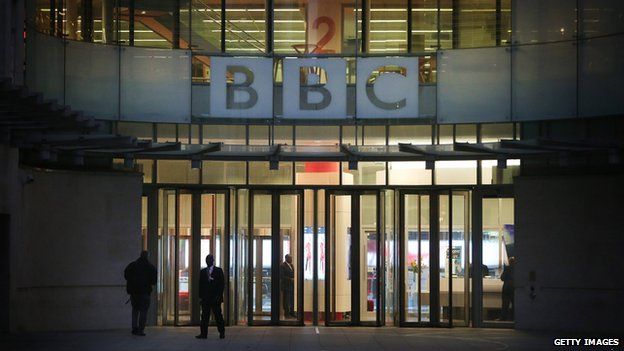
-
26 June 2015
- From the section Technology

The BBC has “set a precedent” for other media organisations by publishing a list of links removed from Google searches, the corporation’s policy boss has said.
The links were removed as part of the “right to be forgotten” ruling put in place by the European court.
It allows individuals to request certain links do not show up when a person searches their name.
The BBC published a full list of stories that had been removed so far.
It would continue to do so, said David Jordan, head of editorial policy.
“It’s impossible to have a meaningful debate if you’ve not got an idea about what’s being de-listed,” he said.
He said while it was up to individual media organisations to decide how best to be transparent with audiences over what has been removed, he felt the BBC had taken the lead “without being provocative”.
He denied the suggestion that publishing the links was bringing more attention to those who had wanted to be forgotten.
“It doesn’t make [the stories] more findable for anybody looking for a name,” he said.
“What it does is give a sense of and a flavour of what kind of material is being delisted. That’s important.”
Reputation management
The European Union Court of Justice ruled last year that search engine links to “irrelevant” and outdated data about a person should be erased on request.
It only affects searches made by users in the European Union.
The decision arose after a Spanish man complained that an auction notice of his repossessed home on Google’s search results infringed his privacy.
A removal does not mean it is taken off the internet, nor the search engine as a whole. Instead, it means the specific link will not appear when a search for a person’s name is conducted.
Google has described the ruling as “disappointing”.
Internet rights campaigners are concerned that the rule amounts to censorship.
Transparency
Soon after the ruling, Google began informing media organisations whenever a link had been removed from search results – a move which was said to have angered regulators.
Mr Jordan praised the search engine for continuing to keep the media informed, but called for a better consultation system to be put in place.
“We believe that delisting links in this way without consultation, and without the publisher having some input in the discussion, is unfortunate,” he said.
After seeking the advice of media organisations, Google implemented an appeal system.
One story that had been removed – about a court case involving members of the Real IRA – was relisted after the BBC appealed against the decision.
Follow Dave Lee on Twitter @DaveLeeBBC
A right to be forgotten?
- In 2012, the European Commission published plans for a “right to be forgotten” law, allowing people to request that data about themselves to be deleted
- Online service providers would have to comply unless they had “legitimate” reason to do otherwise
- The plans are part of a wide-ranging overhaul of the commission’s 1995 Data Protection Directive
- UK’s Ministry of Justice claims that the law “raises unrealistic and unfair expectations”
- Some tech firms have expressed concern about the reach of the bill
